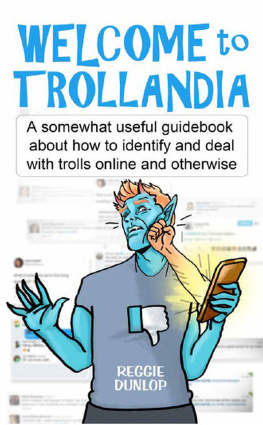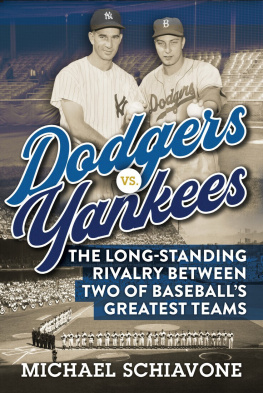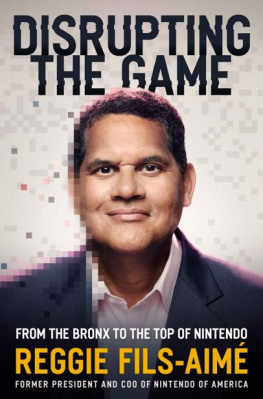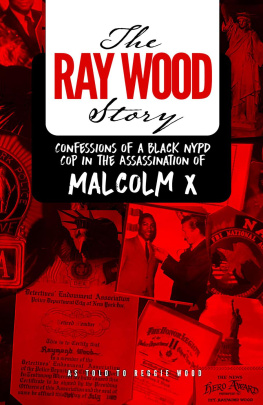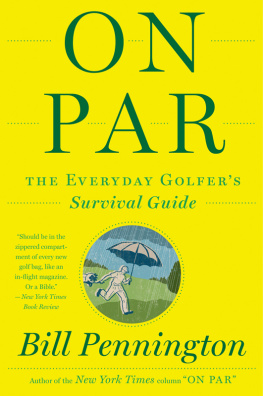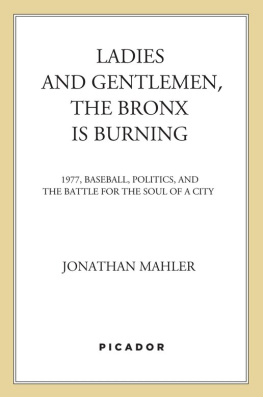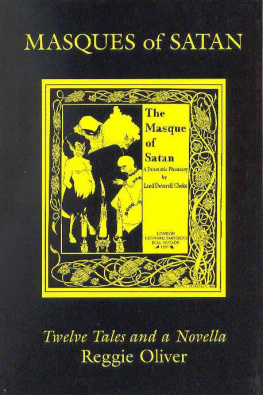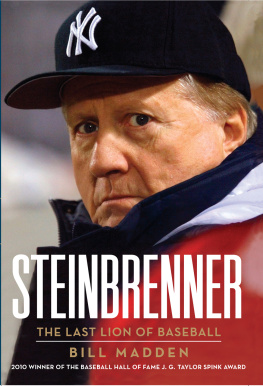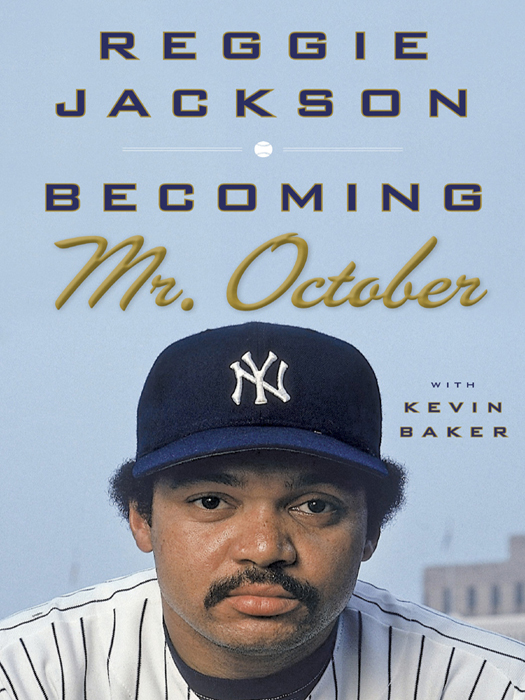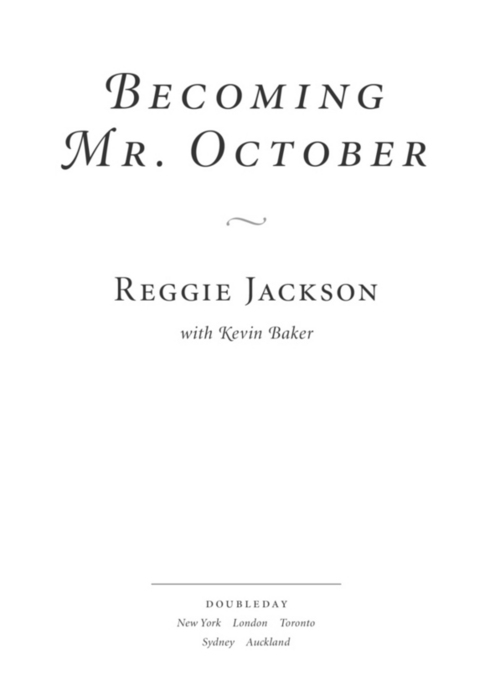
Copyright 2013 by Reginald Martinez Jackson
All rights reserved. Published in the United States by Doubleday, a division of Random House, LLC, New York, and in Canada by Random House of Canada Limited, Toronto, Penguin Random House Companies.
www.doubleday.com
DOUBLEDAY and the portrayal of an anchor with a dolphin are registered trademarks of Random House, LLC.
Jacket design by John Fontana
Front-jacket images: Reggie Jackson Walter Iooss Jr./Sports Illustrated/Getty Images; baseball Anita Potter/Shutterstock
Library of Congress Cataloging-in-Publication Data is on file with the Library of Congress.
eISBN: 978-0-385-53312-6
v3.1
To my daughter, Kimberly, who has never seen me play baseball but has seen me as Dad. Enjoy your journey, love God, family, and friends.
Id like to dedicate this short story of mine to some who have had similar things happen to them. Jackie Robinson and his family, who have dealt with far more than I. Negro players of the past, the great Josh Gibson, Satchel Paige, and many more who have endured so much more than those of us who came through the 1960s and 1970s. It was a different time a hundred years ago, fifty years ago, twenty-five years ago. From Jackie to Hammerin Hank, Larry Doby, Willie, Mickey and the Duke, Sandy Koufax and his commitment, Ernie Banks, Roberto Clemente, Willie McCovey, Bob Gibson, Frank Robinson, and more. Our great game has continued to evolve.
I remember the dinners in Arizona with Billy Williams, Fergie Jenkins, and Stretch McCovey, educating me on how to stay in the background, what to say, and what not to. I heard and listened to their teachings and those of others as we ate together.
I learned to respect and understand that it takes a we attitude to make the changes that can make our world a better place.
As Jackie played and maintained his composure, he fought for his and all our dignity, both blacks and whites. With help of his family and of whites, such as Walter OMalley, Branch Rickey, some of his teammates, and other players who stood by him, to help him through our (Americas) issues at that time.
As we move forward in time, some of us forget the difficulty that those before us went through. Please remember and give thanks for them and what they gave to pave a road that didnt exist just a short time ago. Many do not remember, and they cant because they werent born fifty years ago, thirty years ago. Hopefully, we will have reminders to help us to continue to be careful with each otherand we should translate that word with the thought of being full of care for our fellow man or woman.
This book has been written because I wanted to set the record straight regarding what the 19771978 seasons of the Yankees were like from my side. The miniseries The Bronx Is Burning thoroughly embarrassed me the way the story was told. So I was lucky enough to have my friend David Black connect me with a great writer, Kevin Baker, and a great publisher, Doubleday, where Bill Thomas, Coralie Hunter, Bette Alexander, Ingrid Sterner, Lawrence Krauser, and others helped me tell my story the way I saw it.
I tried to get almost all who were mentioned in the book to have their say. Some did and others declined, as is their right.
As you read my rendition please remember, as a nation we have been selected as the leader in our world of so much. Its our responsibility to set standards that are admired around the globeto do the right thing, not always what I want. To allow our faith to lead is our duty, wouldnt you think?
C ONTENTS
1
B ULL IN THE R ING
I NEVER INTENDED to play professional baseball.
After high school, I had gone down to Arizona State on a football scholarship, playing for Frank Kush, who was a great coach. He knew my high school football coach, John Kracsun, from the Pittsburgh area, and Kracsun told him I would be a good college player.
I was a much better football player than I was a baseball player at the time. I was maybe a better basketball player, too. I could do everything. I was a great shooter, played guard, but also jumped some center, even though we had a guy, Alan Tractenberg, who was six eight while I was five eleven. I was a great jumper, a high flier.
In football, I was a running back on offense and a safety on defense. There were several schools interested in recruiting meSyracuse, Penn State. Oklahomabut you had to be in at ten at night, for your own safety. Dukebut I was a little afraid to go to school in the South then; I didnt know what to expect at the time. I didnt want to be the first black player to go anywhere. Notre Dame and Michigan were interested in me, but I wanted to play baseball, too, and they were schools in cold-weather climates, where you couldnt get enough time in to play much baseball.
John Kracsun was a father figure to me, so I listened to him. I saw Coach Kush much the same way. I was eighteen years old, but Frank Kush was going to make me a man. Football started at Camp Tontozona, up in the hills near a little town called Payson. We went there for two weeks in mid-August, and it got up to 105 degrees during the day, five thousand feet above sea level, but cooled at night.
We had two workouts a day. Lots of running, mostly sprints. If you couldnt make it, or you were dragging, you had to run Mount Kush at the end of the workout, which was this rocky hill, this Prudential rock, where youd be sliding, slipping, and falling. Lots of one-on-one drills, to see whos tougher than the next guy.
We had this drill called bull in the ring. There would be a big circle of the entire team, anywhere from eighty to ninety guys, out there in full pads and helmets, with numbers on the jerseys. To test our mettle and see who was tough enough to play Frank Kush football, Coach Kush would call out a guys number. If you were the bull in the circle, another player would run at you full speed. You had to find out where he was coming fromif he was behind you or on one sideand defend yourself in a one-on-one, head-on crash.
I felt like I was in the middle more than anybody, and I wasnt the best at it. The best at it was a guy named Curley Culp, who was the NCAA heavyweight wrestling champion when he was a freshman in college and who would go on to make the Pro Football Hall of Fame as a great, great defensive lineman with the Kansas City Chiefs.
Curley and I bunked together at camp. His number got called when I was in the circle, and he took it easy on me. Coach Kush said, Oh, taking care of your buddy, huh? Okay, you become bull in the ring! Curley broke the next guys face mask and helmet, and that ended the drill.
In those days, you couldnt play varsity ball as a freshman. I played on the freshman team, played both ways as a safety and a running back and did well. I remember I gained a lot of yards running behind Curley Culp. But I wanted to play baseball, and my dad wanted me to play, too; he had been a professional player with some of the old Negro Leagues clubs.
I had been a center fielder, a first baseman, and a pitcher in high school. At the plate I hit about .500. I had one of the best arms on the team, so I pitched a lot, but I threw a lot of curveballs and ended up hurting my arm. I did pitch a couple no-hitters. I could pitch a no-hitter, strike out fifteenand usually walk ten or twelve.


